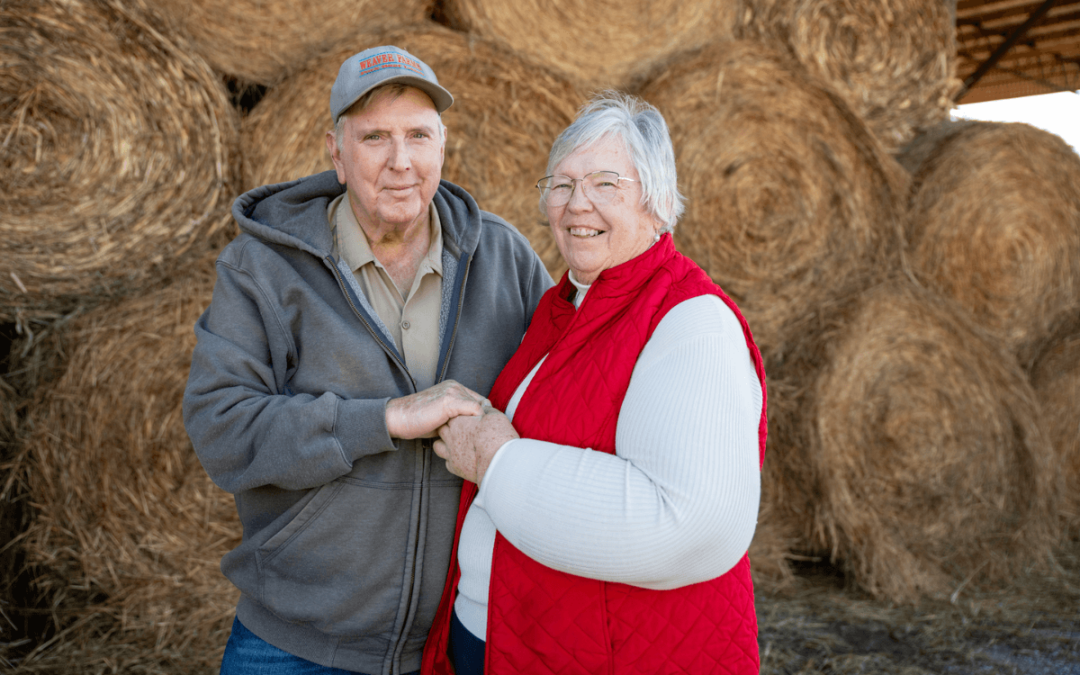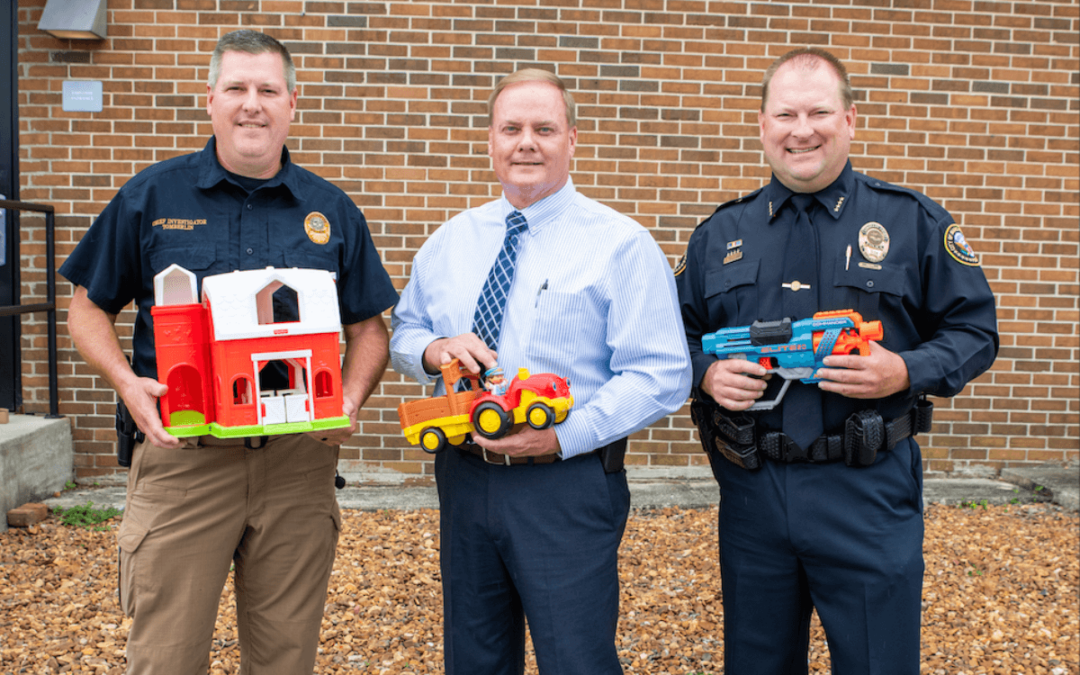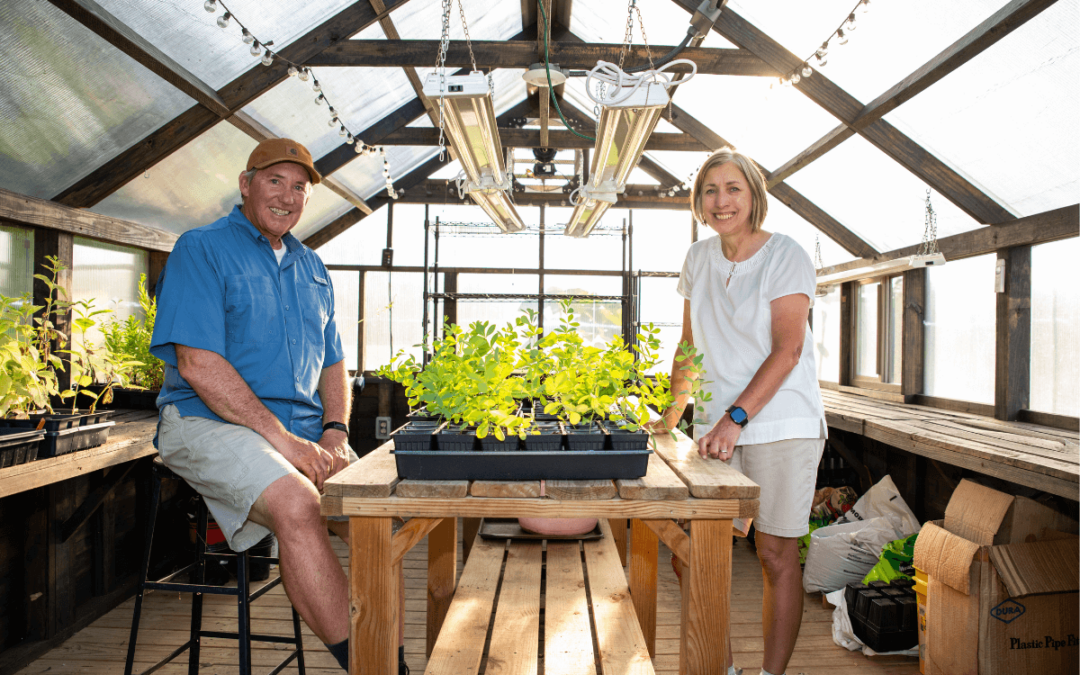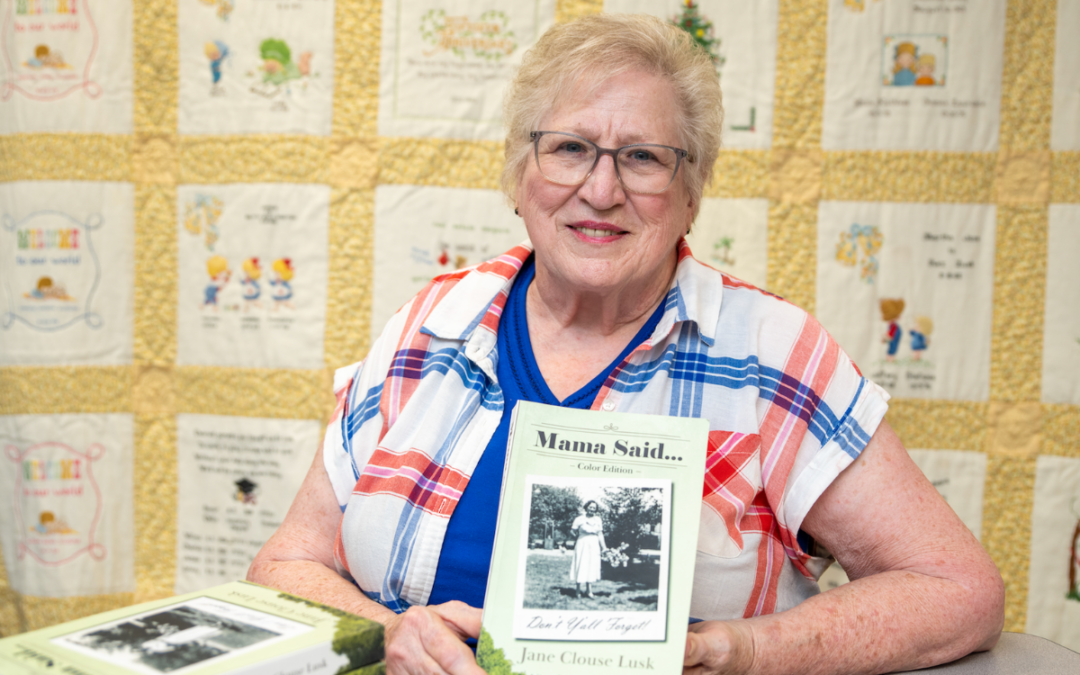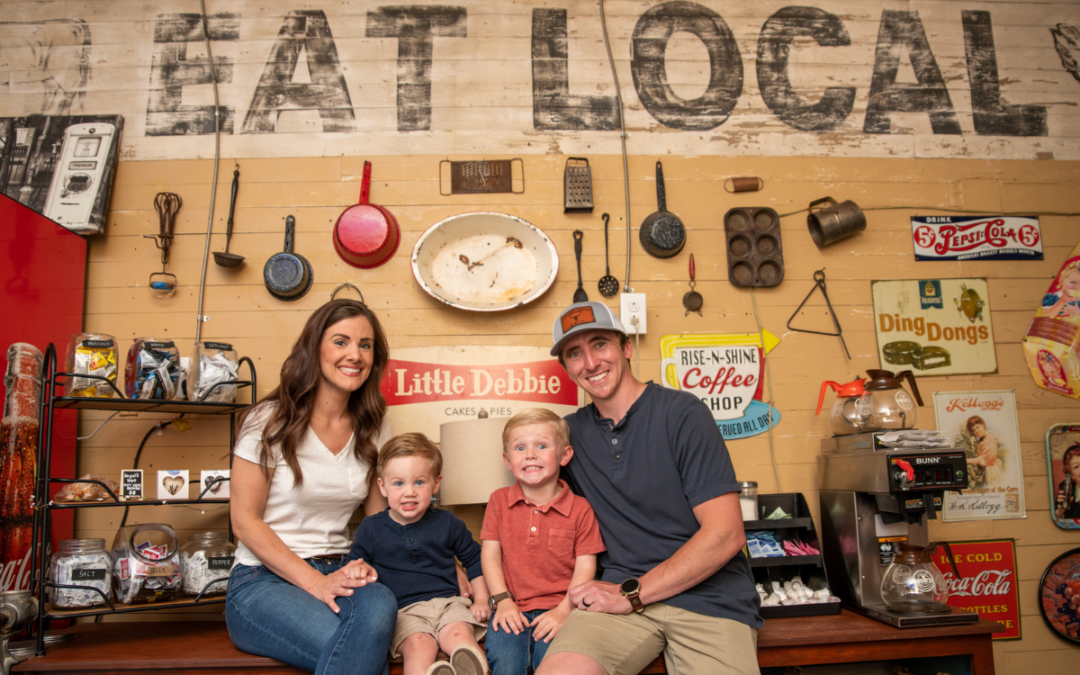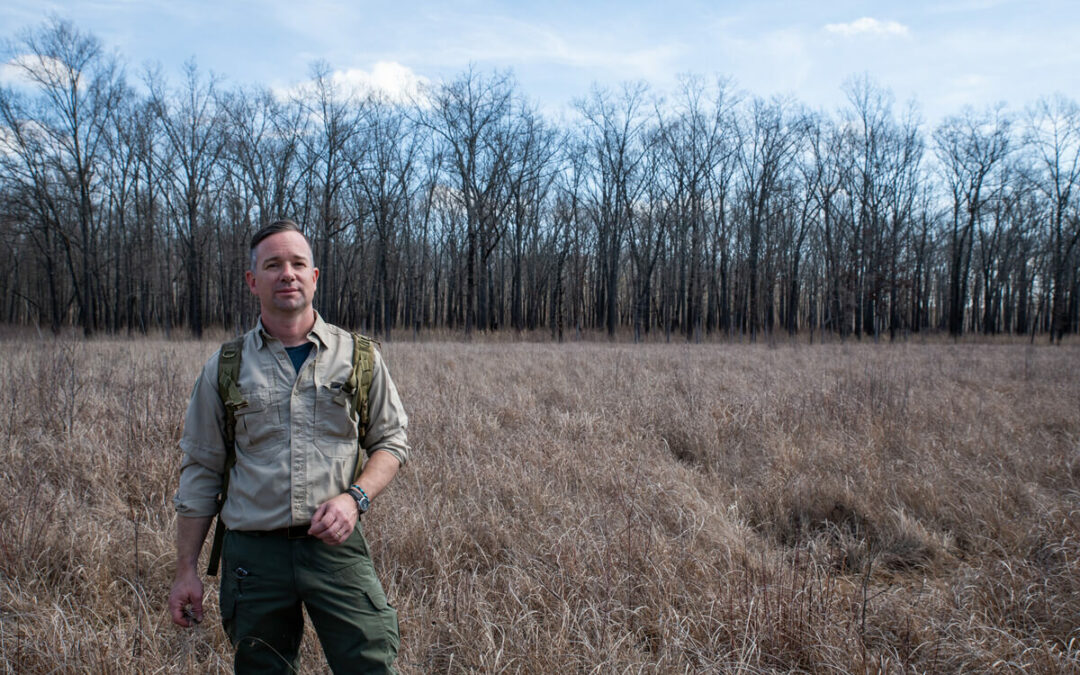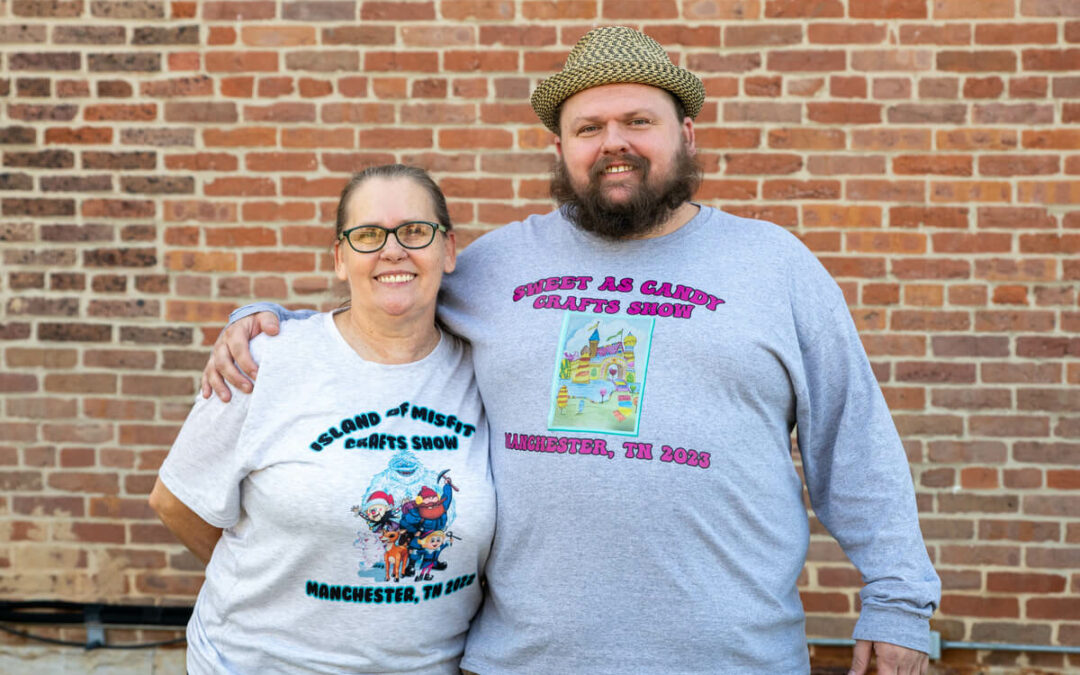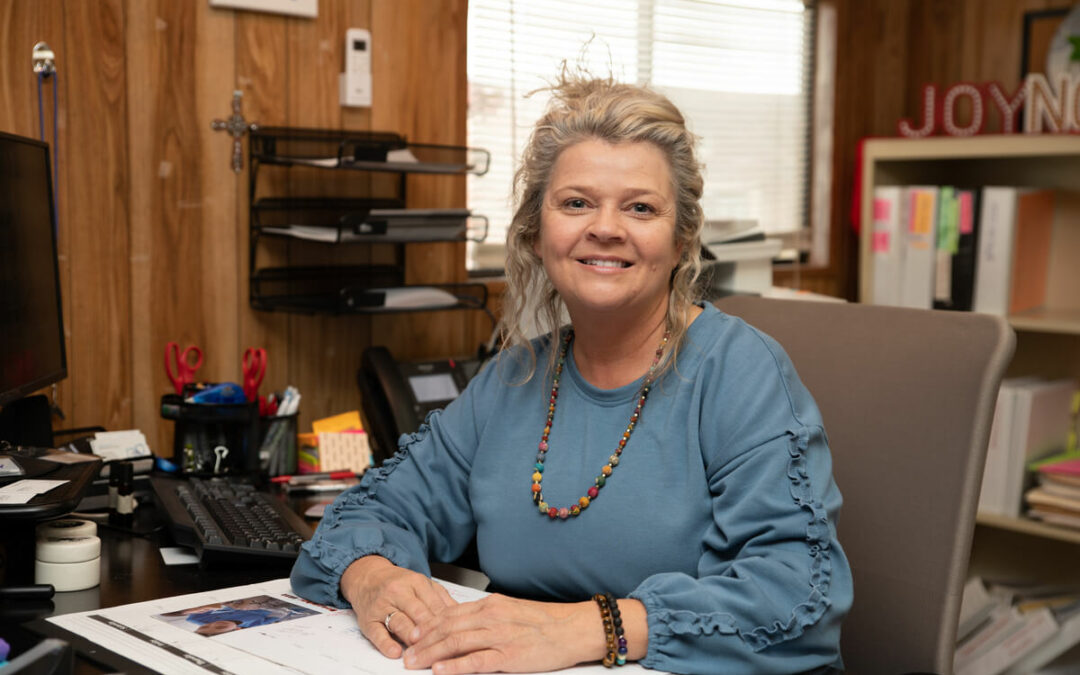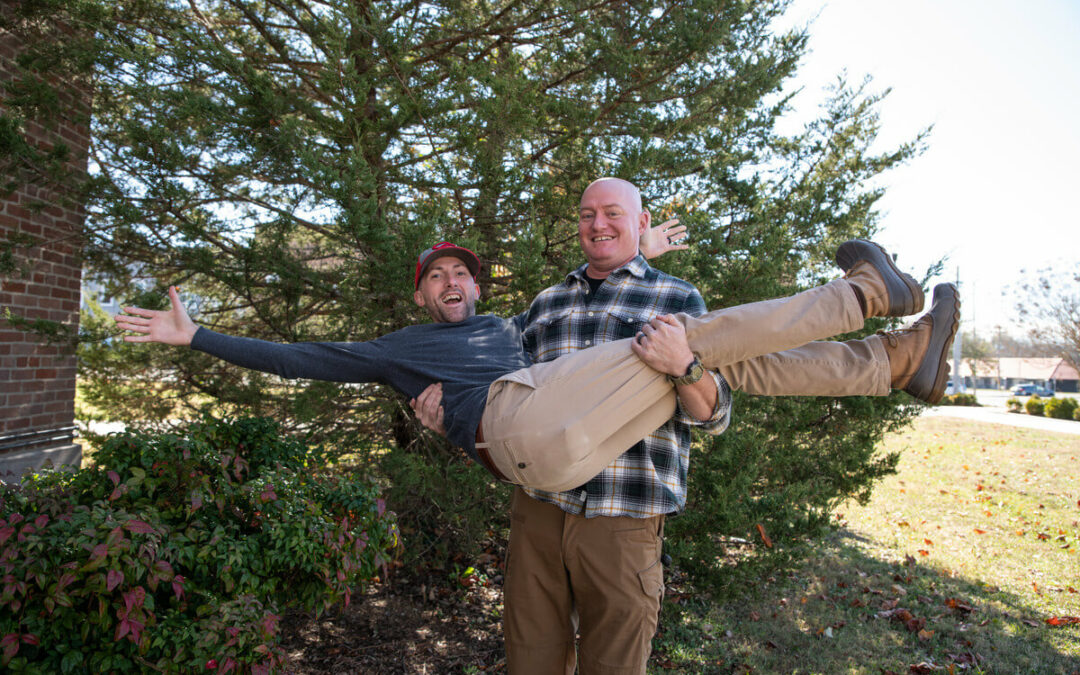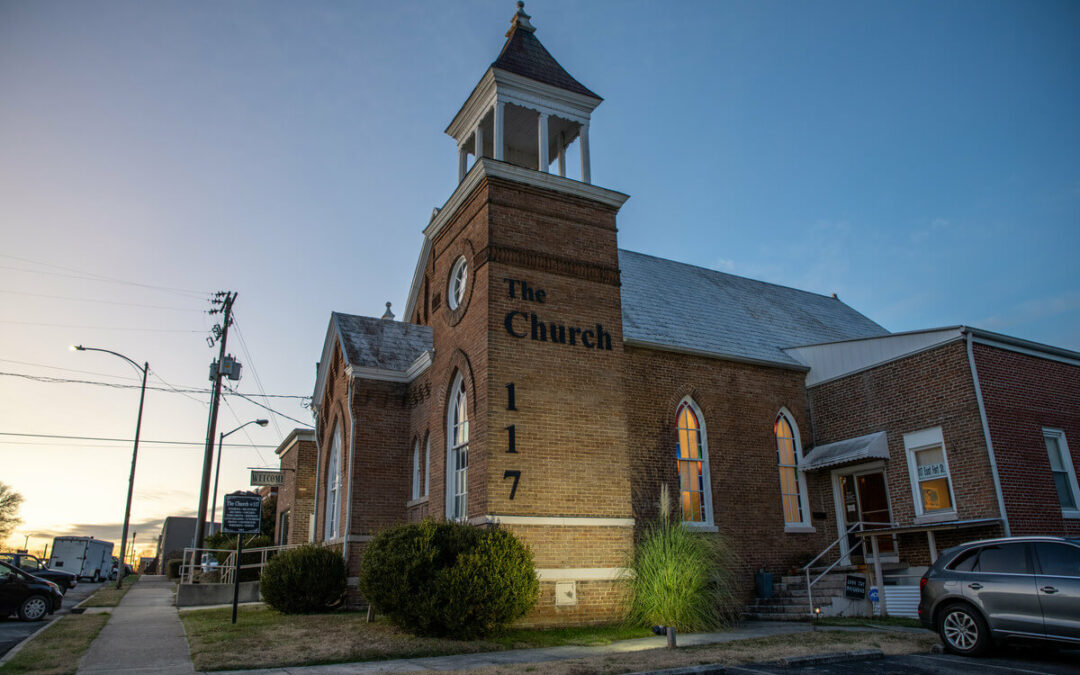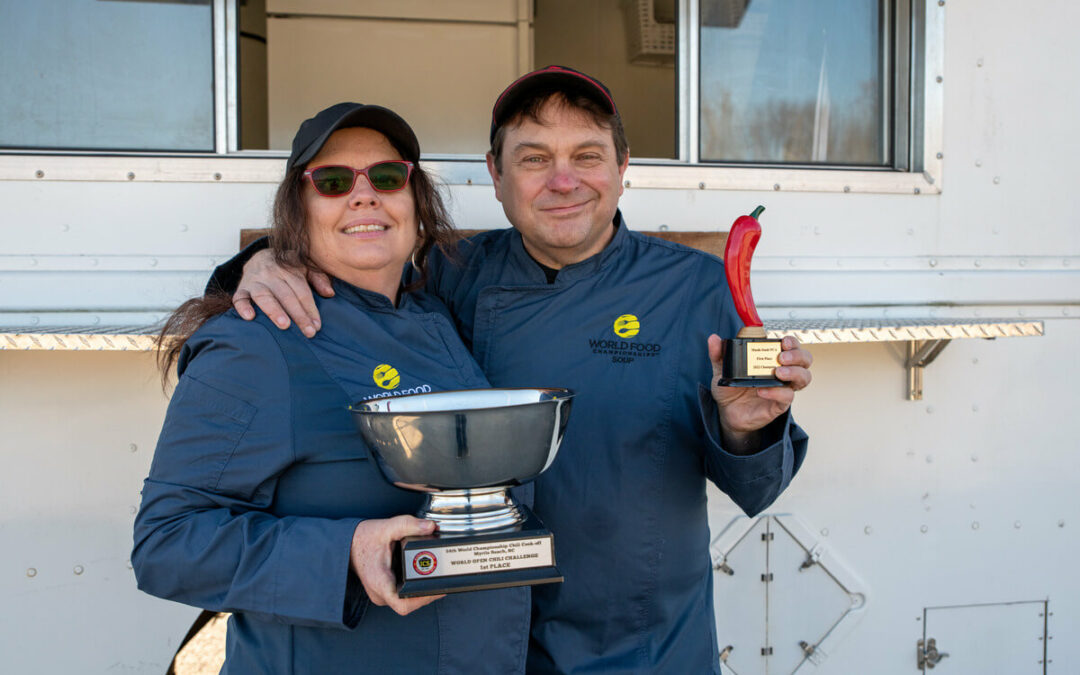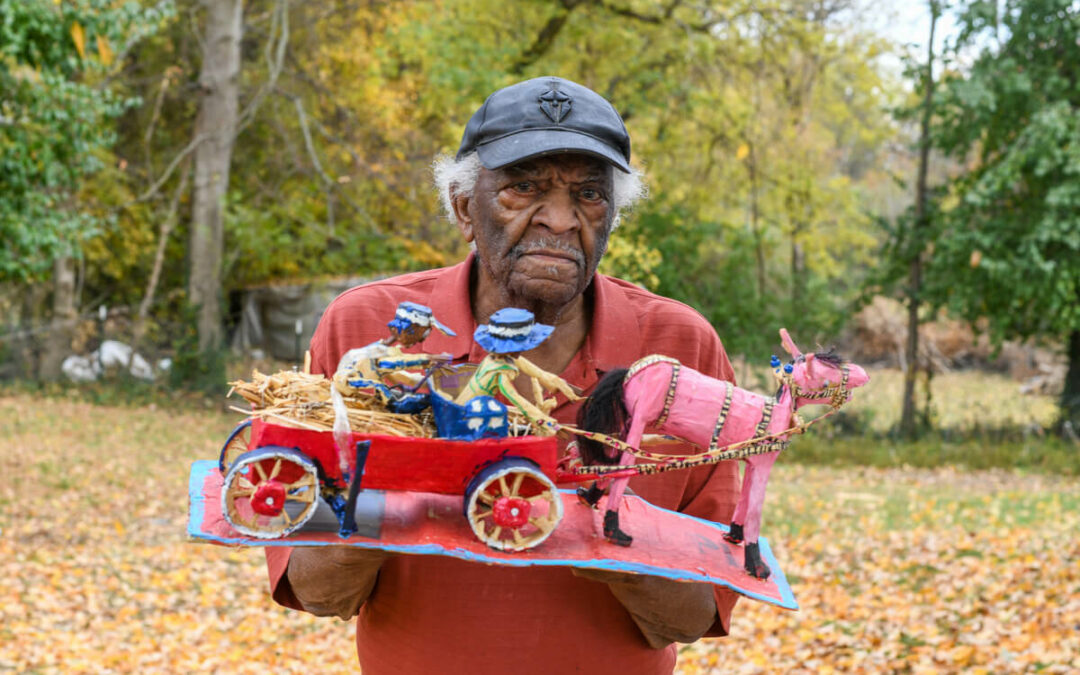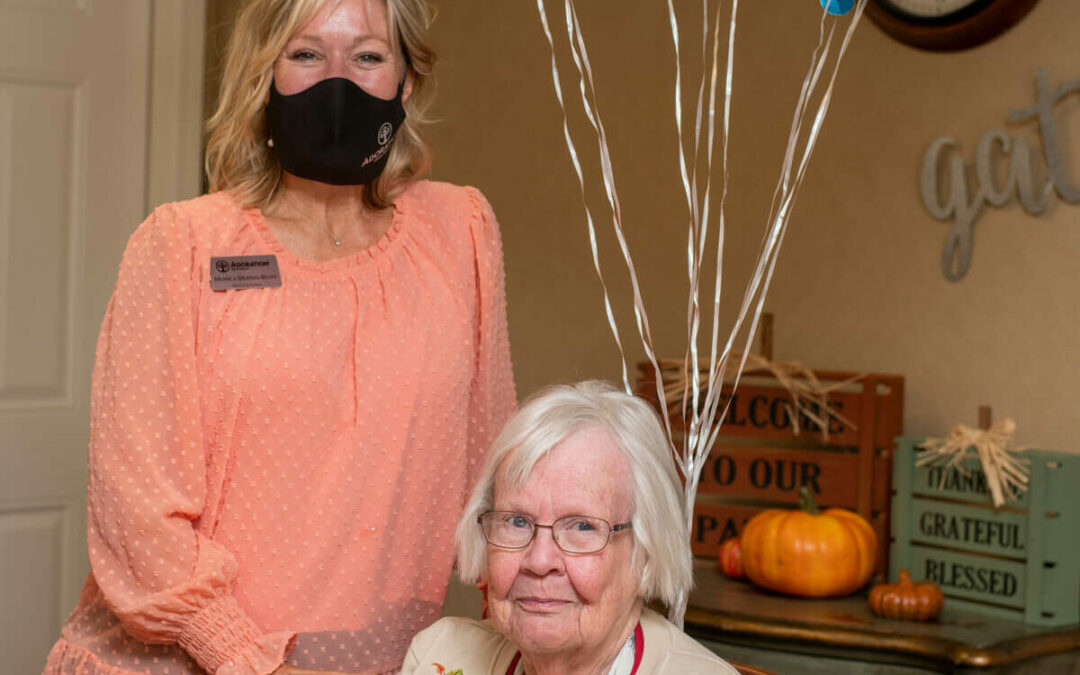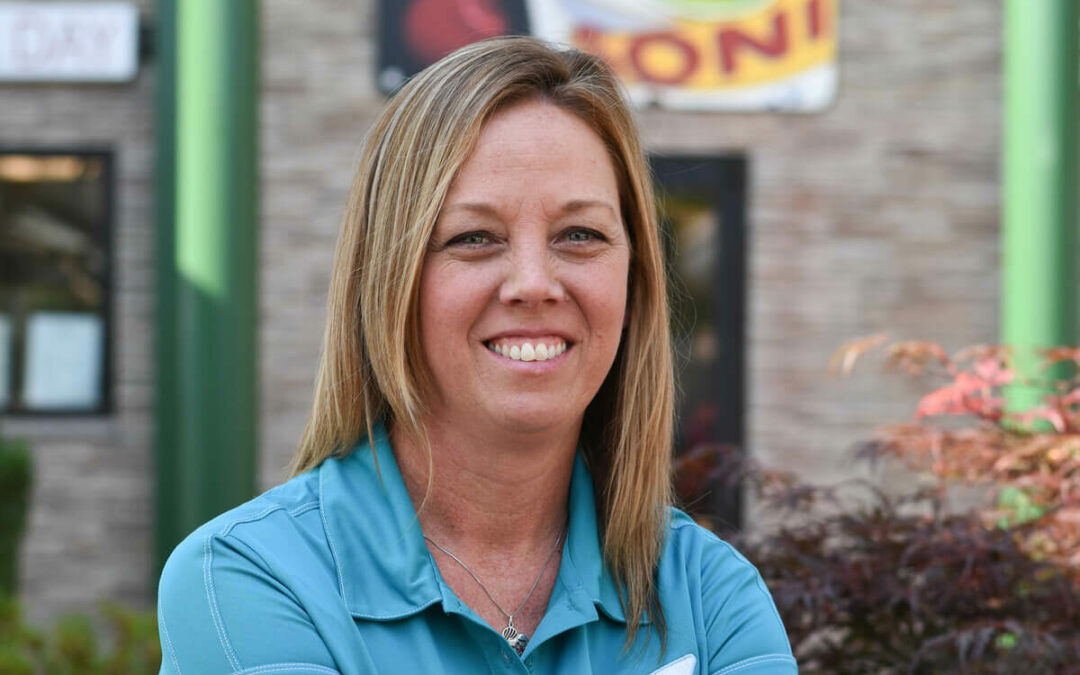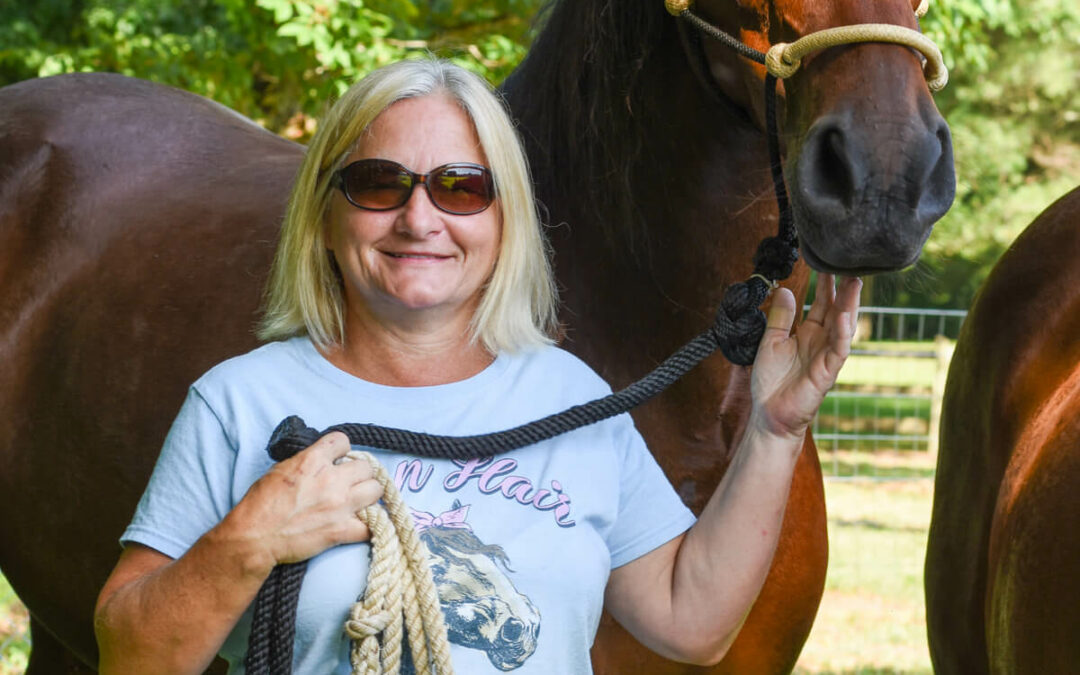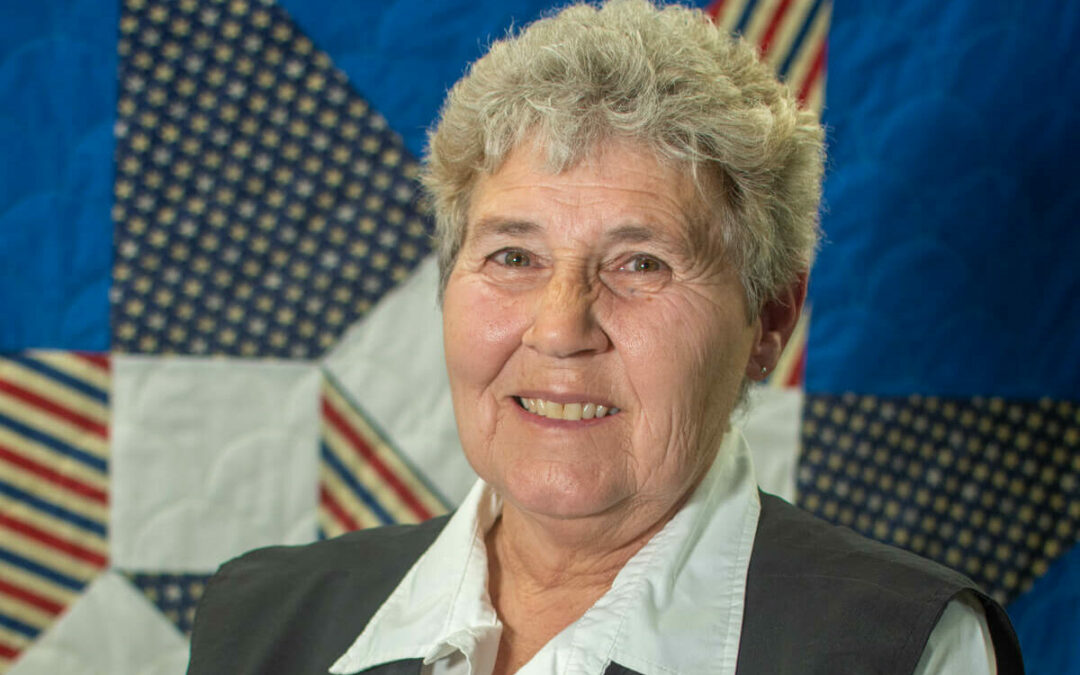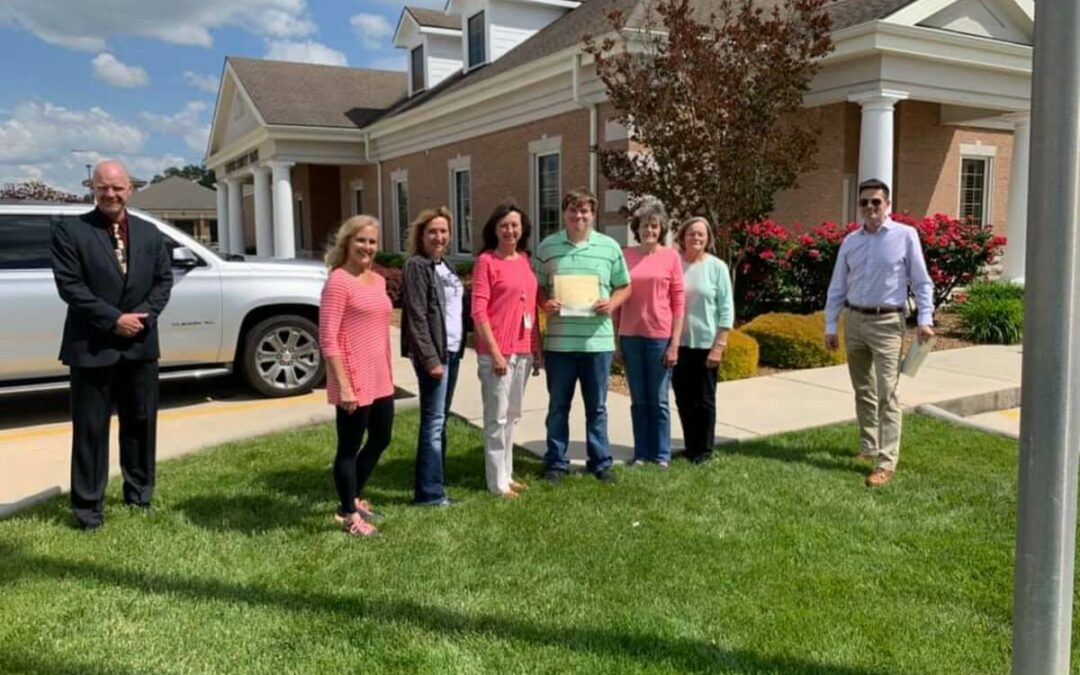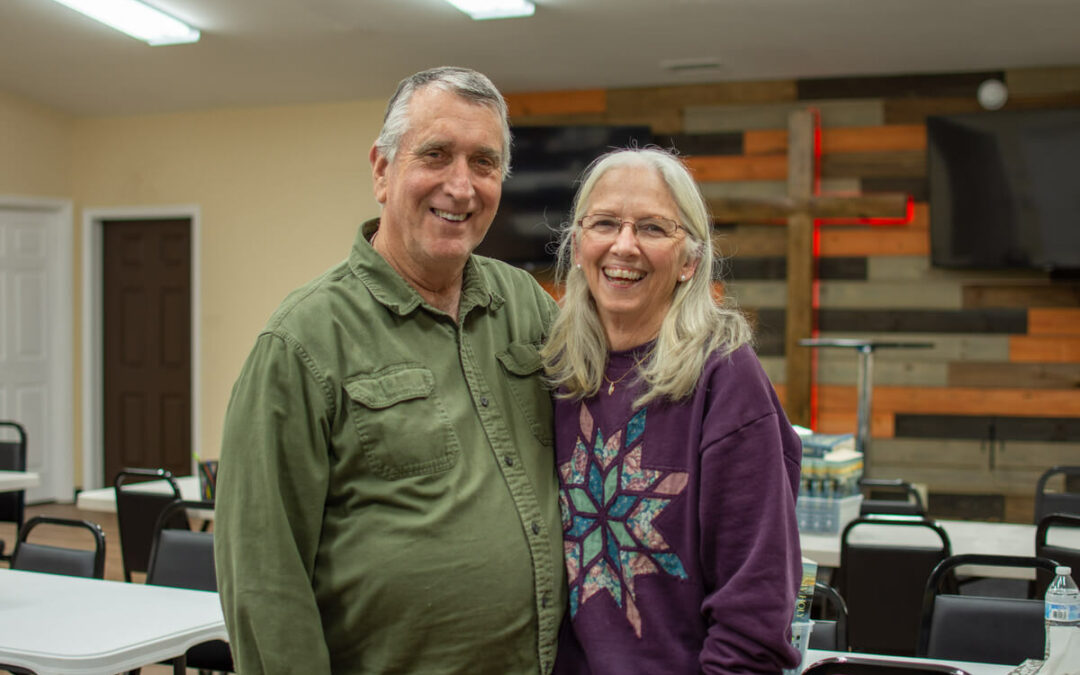GAS WAS 30 cents a gallon, and postage for a standard letter cost 2 cents. Prohibition was in effect, leaving many to find creative ways to manufacture and transport their goods. Women had been voting for two years. The Charleston would soon burst onto the dance scene, and silent films were in their last days. But on Sand Mountain in Alabama, the Clifton family worked six days a week, farming the land around them and hauling timber from its woods. The seventh day shaped the life of Cread Clifton, born in 1923, the second oldest of eight children.
The young boy was no stranger to hard work. By age seven, Clifton side-dressed cotton in the fields with his father. The family’s strongest help, though, slept outside and in the barn. Whether cultivating, planting and harvesting crops or hauling pine, slashed for their turpentine, from the mountain forests, the Clifton family’s tools weren’t exactly those of today’s farmers. “We used real horsepower and not the kind that comes in a John Deere,” Clifton said.
Ironically, the first John Deere tractor, the Model D, was introduced in 1923, making John Deere products and Clifton the same age – 100 in February, Lord willing.
As he grew older his horsepower evolved. Clifton graduated to driving a school bus as a 16-year-old high school sophomore.
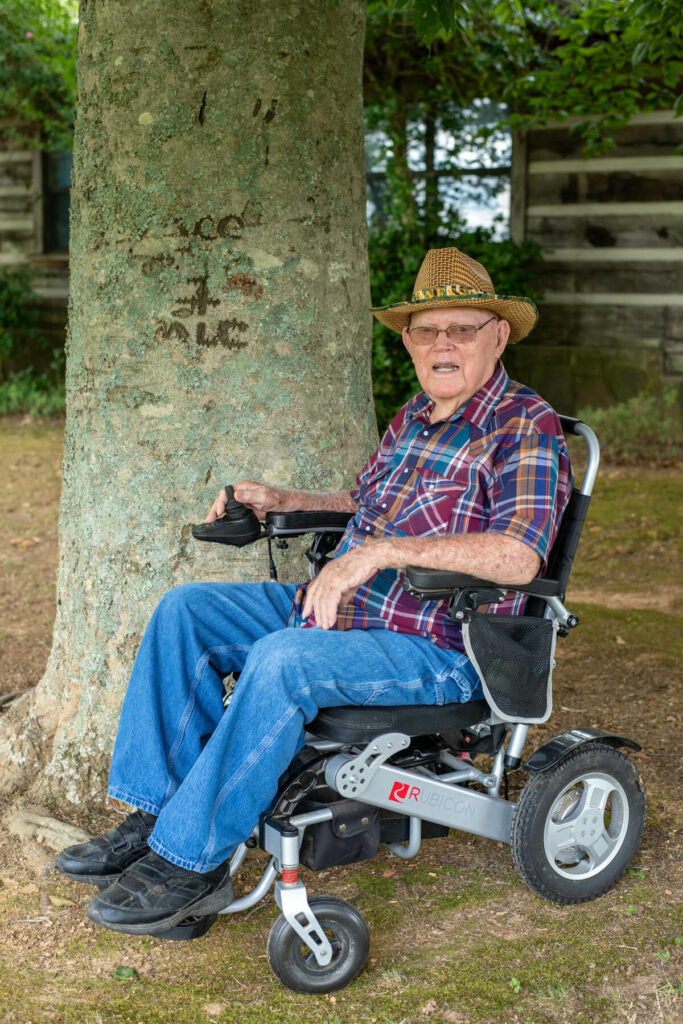
“The principal came to me and said, ‘Several people in the community want you to drive the school bus.’ I’d never driven a 440 Chevy truck except once while the driver rolled a cigarette after he dropped off his load. But I applied and got the job. At the bus garage, I found the bus number they gave me and just got in and played with the gears a little bit, drove it off easy, and practiced changing gears,” said Clifton, as calmly as he surely drove away from that garage. It was a job he held until he left to serve two years in the U.S. Coast Guard.
“Also, my family started a church in the community, at that age. My twin sisters, a younger sister, and I got a quartet up and would go to all-day singings. Daddy said he’d arrange transportation for us as long as we ‘kept our nose clean.’ I led singing in church and taught Sunday school when I was 16. We had a good church and a good time. We were the only family, about 4 miles North and about 6 miles South, that didn’t use alcohol in some way. When we moved away there were several families that didn’t [use alcohol]. They had a good thriving church the last time I saw it.”
Clifton met his wife, Marian, singing at a Florida church. Dating led to marriage. Clifton’s safety on his job, installing radio towers, caused his wife great concern, as did the drugs beginning to come into the schools, something she saw firsthand through her work in Florida’s school system. Clifton’s job was to climb the towers that he repaired and maintained that were as tall as 370 feet, and those that he installed that were up to 240 feet tall. The hope of safer work for him and a safe community for their growing family prompted a move away from their home just outside of Orlando. Clifton longed to return to a farm like in his childhood days. He set out in 1972 in search of something in their budget and found 235 acres in Coffee County near Shady Grove.
Soon the self-taught carpenter constructed a new home and a new life for their family. Santa Gertrudis cattle grazed his farm for many years, earning Clifton four grand championships at the Coffee County Fair. The good-looking breed was a novelty in the area, and Clifton and his farm became known for them.

His agricultural connections continued to blossom around his Tennessee home. Their fresh-cut flowers of all shapes, colors, and sizes, together with bananas and songs, were delivered weekly by the Cliftons to area hospitals and nursing homes.
Now unable to garden, Clifton proved he’s never too old for novelty when his neighbor, Ken Mifsud, introduced him to a unique flower.
Clifton and his daughter, Linda Cunningham, explained. “The corpse plant [sometimes called the voodoo flower] is a stinking plant when it blooms, and I have smelled the blooms. It’s not a pleasant smell,” Clifton said. “Some people say they smell like roadkill that’s been out on the road for a few days during summertime,” added Cunningham. But Clifton disagrees. “That’s a little exaggerated, I think,” he said. Clearly, a sense of humor is one secret to his long life.
“The first blooms come three to five years after it’s planted. It’s one big bloom, a deep maroon. The bloom lasts about a week, and the smell lasts for three to four days,” said Cunningham.
But the conversation always returns to faith and family.
There are five children and their spouses: Minanette and Gray Warren of Alabama; Merry and Paul Adams of Smyrna; Cread Clifton (Clif), Jr., and wife, Tamela of Gallatin; Linda Cunningham, who lives with her father in Coffee County; and Sheila and Tom Webb of Cookeville.
They are living testimonies of Clifton’s advice to all ages.“Get in church and go because you love the Lord. Go to church regularly, not to be seen, but because of the good of it. And children should obey their parents. I never, never sassed my mother or father a time in my life that I know of. They raised us to go to church,” he said.
And the true secret to his long life?
“I give God the credit for being the age I am and still being able to get around like I do. They won’t let me drive anymore, but I think I can beat any of the family driving. I have a good family and told people at times I have as good a family as there are, I believe. Everyone’s in church; we’ve always been a very close, tight-knit family,” he said.
And that’s a fragrance you don’t have to hold your nose for. GN








